5. Years ago link exchange was really popular. Everybody knew he needs a lot of links to succeed, so he traded with others:
A gives link to B
and
B gives link to A
Links A ---> B and B ---> A are called reciprocal links.
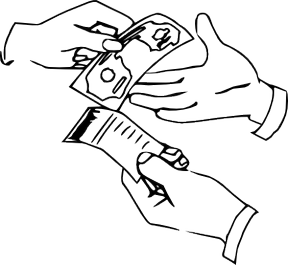 Of course A and B could trade with C, D and so on and soon there was also automation available. Link exchanging is still alive, but is loosing popularity. You can be actually penalized if you participate in link exchange schemes. Most of it is made through java which is invisible to search engines so sites involved don't risk so much. But they are still in risk.
Of course A and B could trade with C, D and so on and soon there was also automation available. Link exchanging is still alive, but is loosing popularity. You can be actually penalized if you participate in link exchange schemes. Most of it is made through java which is invisible to search engines so sites involved don't risk so much. But they are still in risk.
I think some link exchanging can be good for your on-line presence if it is done right but only if the reciprocal links are a part of link building strategy. In normal world it is cool to have connections with different people and web is trying to imitate real world.
And one more simple trick:
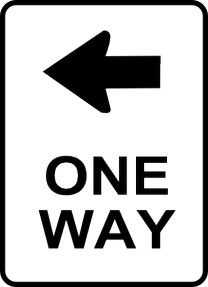
If you have more than one site (let's say A and B), you can improve link exchanging with somebody who also has more than one site (let's say C and D):
A gives link to C
D gives link to B
This way we don't have classic reciprocal links but two one way links which are in general more powerful than reciprocal links.
Just don't exaggerate...


 1. Number of links pointing to your direction is one of the most important factors for your success. Quantity really tells a lot about your popularity. If you have a lot of links, you have a lot of votes in the eyes of search engines.
1. Number of links pointing to your direction is one of the most important factors for your success. Quantity really tells a lot about your popularity. If you have a lot of links, you have a lot of votes in the eyes of search engines. always MUCH easier than first position).
always MUCH easier than first position).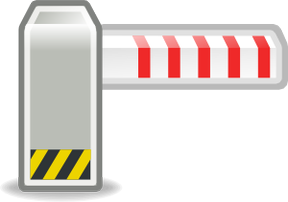

 Of course A and B could trade with C, D and so on and soon there was also automation available. Link exchanging is still alive, but is loosing popularity. You can be actually penalized if you participate in link exchange schemes. Most of it is made through java which is invisible to search engines so sites involved don't risk so much. But they are still in risk.
Of course A and B could trade with C, D and so on and soon there was also automation available. Link exchanging is still alive, but is loosing popularity. You can be actually penalized if you participate in link exchange schemes. Most of it is made through java which is invisible to search engines so sites involved don't risk so much. But they are still in risk.
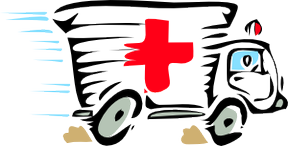 indexed. This means they don't carry any weight in search rankings and they can bring traffic only if somebody clicks on them. For instance
indexed. This means they don't carry any weight in search rankings and they can bring traffic only if somebody clicks on them. For instance  8. Very important part of link building strategy are so called deep links. This means you should not link only to your so called landing page but also to your support pages.
8. Very important part of link building strategy are so called deep links. This means you should not link only to your so called landing page but also to your support pages.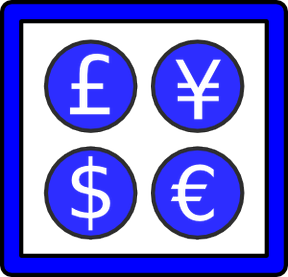 Sometimes A LOT of time.
Sometimes A LOT of time.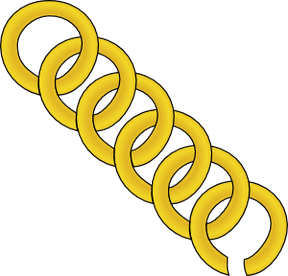 larity and success is built on backlinks and your web success is dependent on backlinks too. If you don't understand the importance of backlinking you will never get first positions in search engine's rankings and your work will be of no use.
larity and success is built on backlinks and your web success is dependent on backlinks too. If you don't understand the importance of backlinking you will never get first positions in search engine's rankings and your work will be of no use.


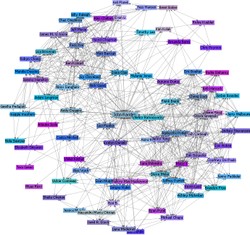

 Vintage Postcard Artists with 10 Examples of Easter Cardson 02/21/2025
Vintage Postcard Artists with 10 Examples of Easter Cardson 02/21/2025
 Valentine's Symbolson 01/23/2025
Valentine's Symbolson 01/23/2025
 Thanksgiving Symbolson 11/12/2024
Thanksgiving Symbolson 11/12/2024
 Famous Witches in Literary Historyon 10/06/2024
Famous Witches in Literary Historyon 10/06/2024
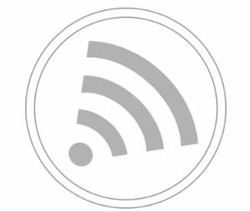
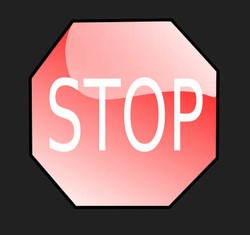
Can you share with us another fact about links? Something from your experience?
Yes, DerdriuMarriner. Age is important, especially because this is one of the factors that spammers hardly manipulate. Wizzley is over a decade old site and even new pages are favored by search engines because there is a very low level of spam.
The fifth paragraph to your fourth fact, Quality link You need quantity and quality!, considers age of links, pages and sites.
Computer science-related articles in a way don't matter if they're 6 months old or older. It's the constant technological updates that make this so.
Previous to this wizzley, I thought that recentest links, pages and sites would matter more than more aged links, pages and sites. But the opposite would be true, correct?
You are right, WriterArtist, without good content you'll never get backlinks, but my experience is a bit different. With few links I managed to get initial traffic and only after that natural links came.
Backlinks require a lot of time, I would rather focus on good content.
I never used link wheels, sheilamarie.
They are very easy to spot and search engines officially don't like them anymore, although they can still bring results. I wouldn't recommend classic link wheel to anybody. Think about natural look of links - it should be chaotic. For instance A links to B, B links to C, D links to E, etc. and some of them (not all), in my opinion the ones with solid traffic and established positions, link to your main page. Please note another detail - this kind of linkage should not have closed chain, the last page (let's call it Z) should not be linked to A.
Another idea worth considering should be putting strength on your links, not on your main page. This means you should build links to pages which link your main page, not to main page itself. Again: find few already strong and relevant pages (with ranking and traffic) and put few links to them. Wait few weeks to see what happens. Then decide if you need more links to your main page, to your linking pages, or maybe you need some on-page tweaking (changing keywords in strategic places) or something else (more relevant content is always good bet in long term). SEO, especially the part dealing with links, is partly art, partly science. In both cases you should enjoy in this game;)
Some people use something called a link wheel: there's a main page, the hub, and then related pages. One related page points to another related page and to the hub, the second related page points to a third and the hub, the third points to a fourth and the hub, etc., and then the last page points back to the first. That way your internal links are not reciprocal. I have heard of this method and have intended to try it for a long time. I haven't been consistent in putting it into practice. Has anyone else tried it successfully?
You are welcome, WriterArtist. This is only basic info on links, for proper backlinking you'll need some patience and experience. Go slow and when you are in doubt, choose the less aggressive option.
Thanks for such good tips on backlinks.
I have not focused and worked for it before, now I should.
I 110 % agree on this one. In old times it was simple - more is better. Now we have three kinds of links: good, neutral and bad ones. And nobody - including the big G - knows what the future will bring. My rule of thumb would be: if real people click on the link and visit your page, this is a good link.
Links can actually deter your Google rank if they are not quality links